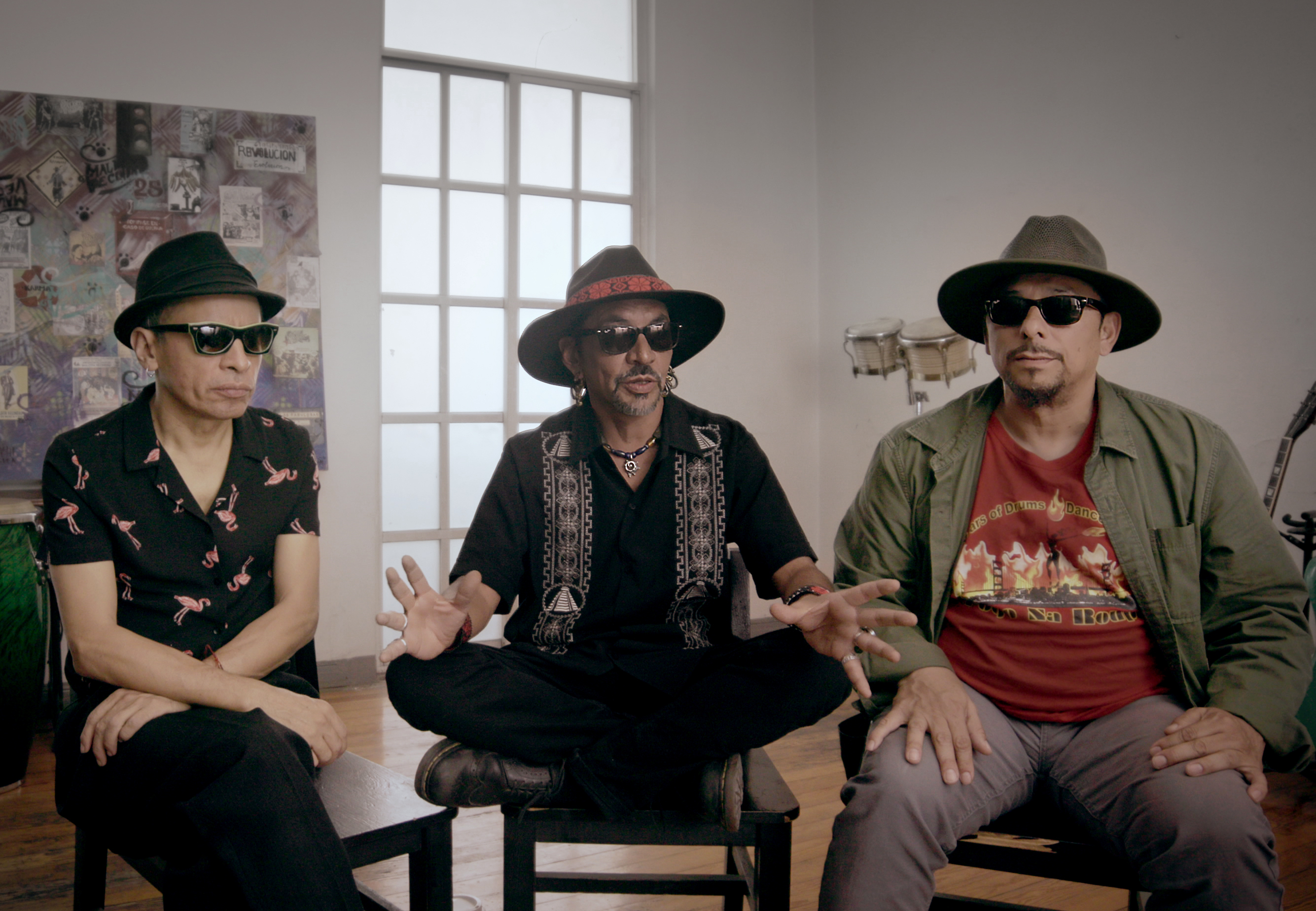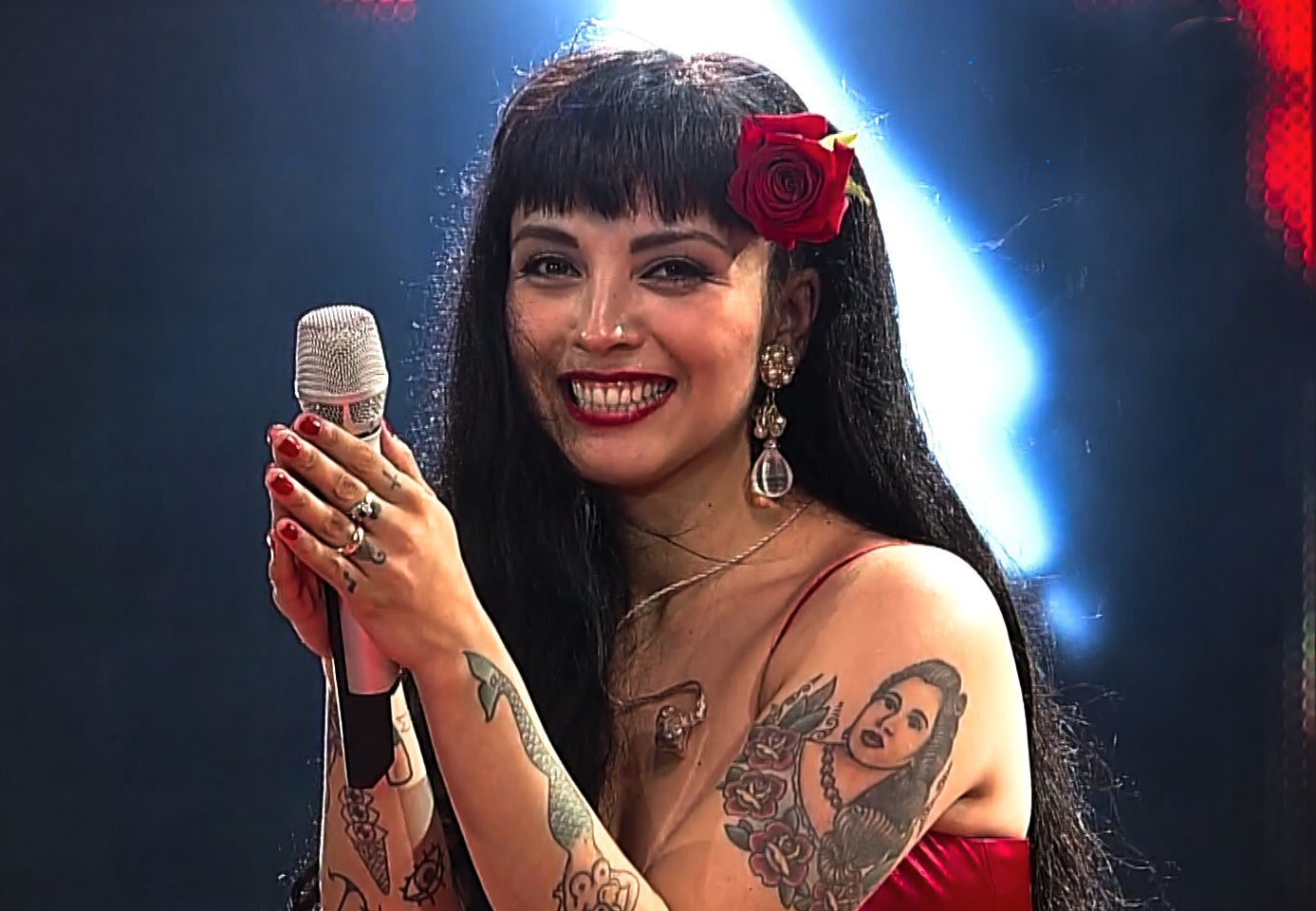Netflix’s Rompan Todo is a six-episode documentary limited series directed by Picky Talarico, best known for his work on music videos for Gustavo Cerati and Juanes. The documentary attempts to tell the history of rock Latine en español from the 1950s to the present day through testimonies from an enormous cast of musicians who literally wrote the history. It’s a wild and convoluted ride.
This story is well worth being told. Rock music in Latin America began by translating big hits from the U.S., it was then adopted as the sound of a revolution by various generations. In the series, we get to see how it rapidly evolved—going from squeaky clean outfits in Mexico to tke on a louder, scarier tone in places like Peru. Among its subjects, it explores psychedelia in Argentina, the fiasco of the Avandaro festival in the early 70s in Mexico, how Chile’s Los Prisioneros inspired the country’s grassroots anti-dictatorship movement, and more.

The documentary finds its flow by exploring the relationship between youth culture and music during dictatorships and authoritarian rule characterized by repression and censorship. There’s plenty to love about the series. It features great interviews and tons of archival audiovisual material, like recently surfaced footage of Avandaro Festival—long withheld and rumored to be lost for almost five decades.
Rock en español is difficult to define if you’re not in the know.
Hearing stories from some of the subjects is priceless, too. At one point, Illya Kuryaki’s Dante Spinetta addressed their beef with Babasónicos in the early ‘90s—a hilarious anecdote. There’s also amazing footage of Luis Alberto Spinetta’s Almendra, Charly García’s Sui Generis, Los Jaivas, and so many other vintage bands. It’s worth your time. However, not everything is perfect. Trying to tackle half a century of musical and sociopolitical history of more than one country is an extremely difficult endeavor.
Rock en español is difficult to define if you’re not in the know. Punk, metal, hip-hop, and electronic music themes are important but often left out in the series leading to inconsistency in what qualifies as rock, yet these are by far the least serious of omissions. Rompan Todo largely ignores contributions from Central America, the Caribbean, and Brazil, even though there’s a shared history of military dictatorship and censorship there. While the first artist we see is Richie Valens, Latines in the U.S.—specifically, pioneers like Sam The Sham and the Pharaohs and Question Mark & The Mysterians, among many others—are completely ignored; and it speaks volumes that there’s not a single mention of Manu Chao.

More troubling is the lack of Afro-Latine presence as well as how it crams a montage of women in the last few minutes of the last episode as if to fill a quota yet still manages to work a diss towards Shakira. Drawing arbitrary lines of borders and language gives us only a portion of the story. In fact, about halfway through the series, it pretty much abandons a narrative to instead include as many artists as possible.
Despite the fact that Rompan Todo gives only a fraction of the history, unlike it’s U.S. and the U.K. counterparts, there are very few documentaries about rock music in Latin America, thus making Rompan Todo an essential viewing. It’s a fun and important documentary that perhaps could have benefitted from multiple seasons to tell a more detailed story. Hopefully, this series will inspire others to take matters into their own hands and make their own documentaries, much like the bands did when they picked up instruments to play the music they wanted, no matter the adversity. Rompan Todo is a high-profile introduction to the broader, most popular branch of the music, but should inspire more people to document and contextualize rock music in a more detailed way for future generations to reference.







